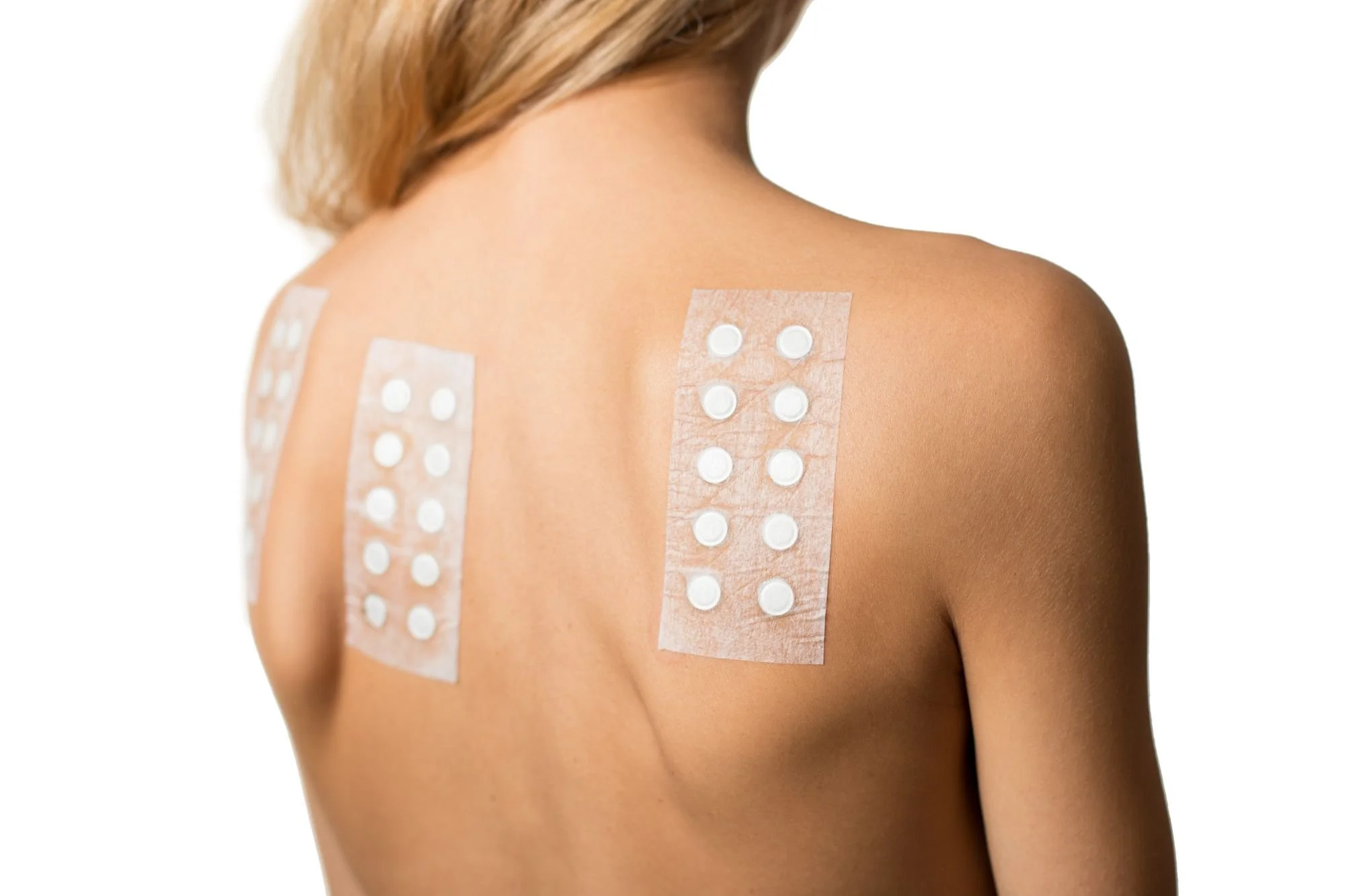Medical Dermatology
Our medical dermatology services focus on the diagnosis, treatment, and ongoing management of a wide range of skin, hair, and nail conditions. We care for patients of all ages, offering expert assessment and evidence-based treatments for concerns such as acne, eczema, psoriasis, rosacea, skin infections, and hair loss.
Our team also performs thorough skin checks and mole assessments to detect early signs of skin cancer. With a patient-centred
approach, we aim to provide timely, accurate care in a supportive environment, helping you maintain healthy skin for life.
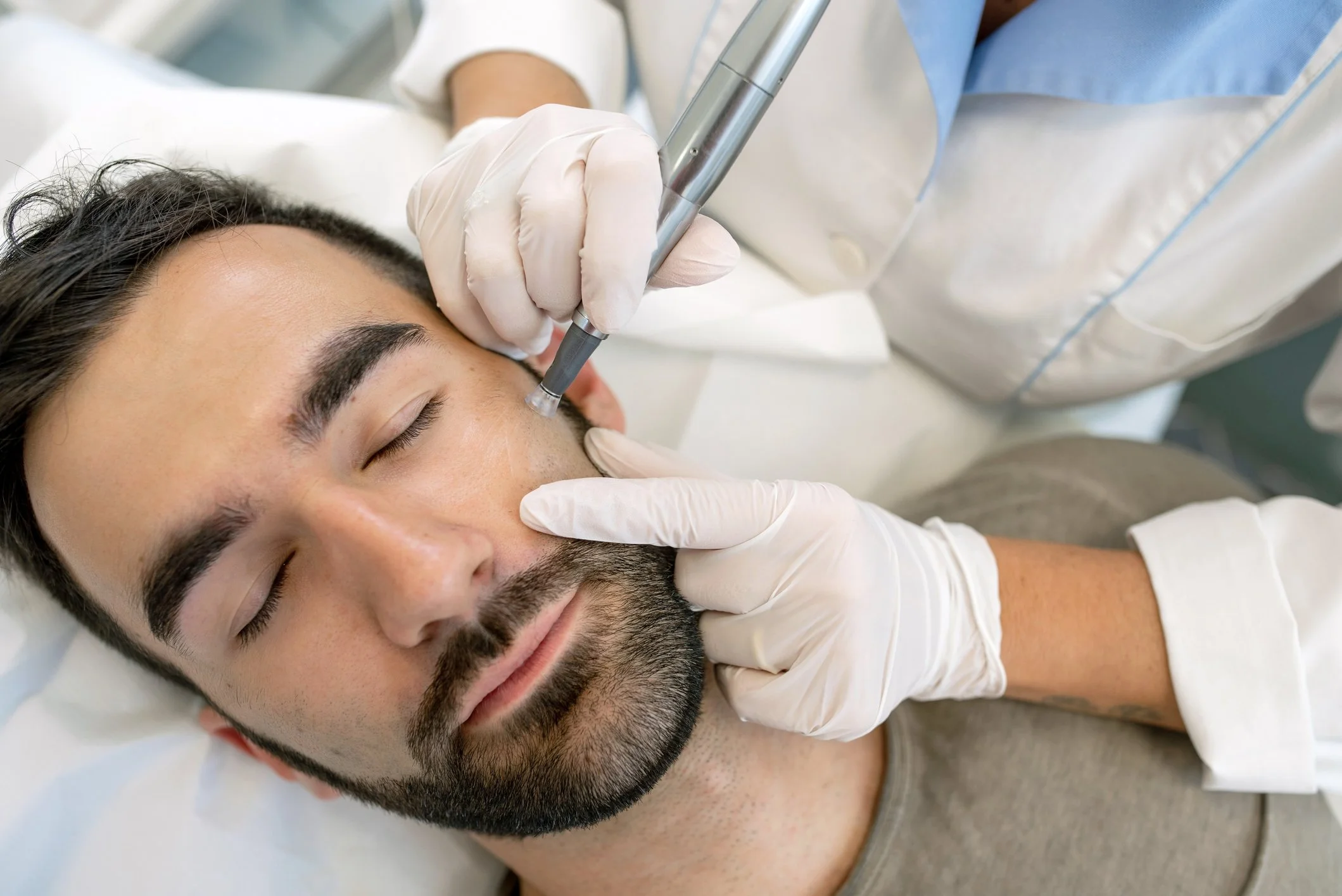
Surgical Dermatology
Surgical dermatology involves the diagnosis and treatment of skin conditions that require surgical intervention. This includes the removal of skin cancers, moles, cysts, and other benign or suspicious lesions. Our dermatologists are trained in advanced surgical techniques to ensure optimal outcomes with minimal scarring. We prioritise both medical effectiveness and cosmetic considerations, particularly for procedures on the face and other visible areas. Surgical dermatology also plays a critical role in the early detection and treatment of skin cancer, including procedures such as excisions, biopsies, and cryotherapy. All surgeries are performed with a focus on safety, precision, and patient comfort.
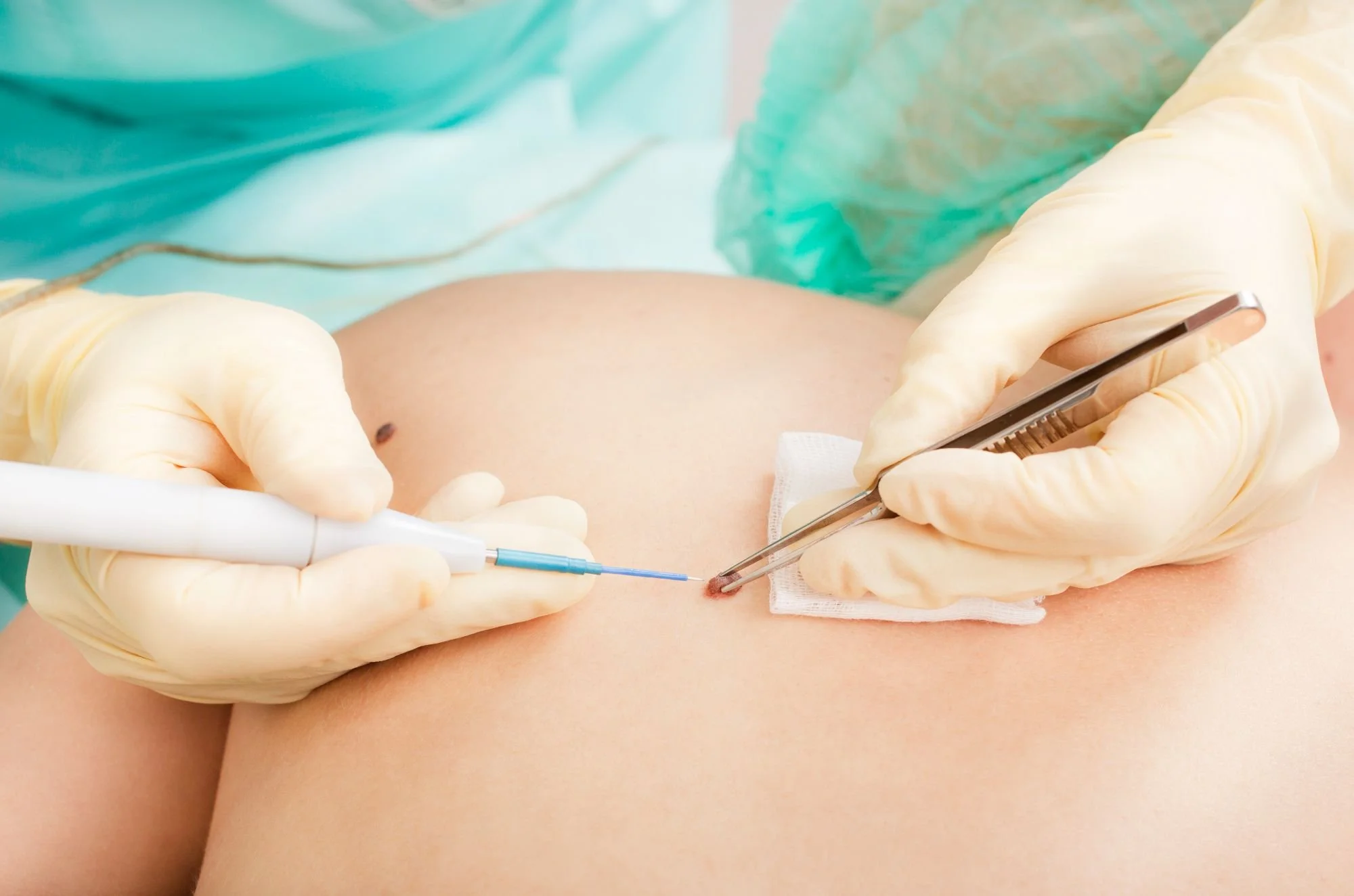
Laser Dermatology
Laser dermatology uses advanced light-based technologies to treat a wide range of skin conditions with precision and minimal downtime. Our clinic offers a variety of medical-grade laser treatments tailored to each patient’s needs. These include vascular lasers for broken capillaries and rosacea, pigment lasers for sunspots and melasma, and resurfacing lasers to improve fine lines, scarring, and skin texture. Each procedure is performed by our dermatologists or by experienced clinicians under dermatologist supervision, ensuring both safety and effectiveness. Laser treatments can be a powerful, non-invasive option for restoring clearer, healthier, and more youthful-looking skin.
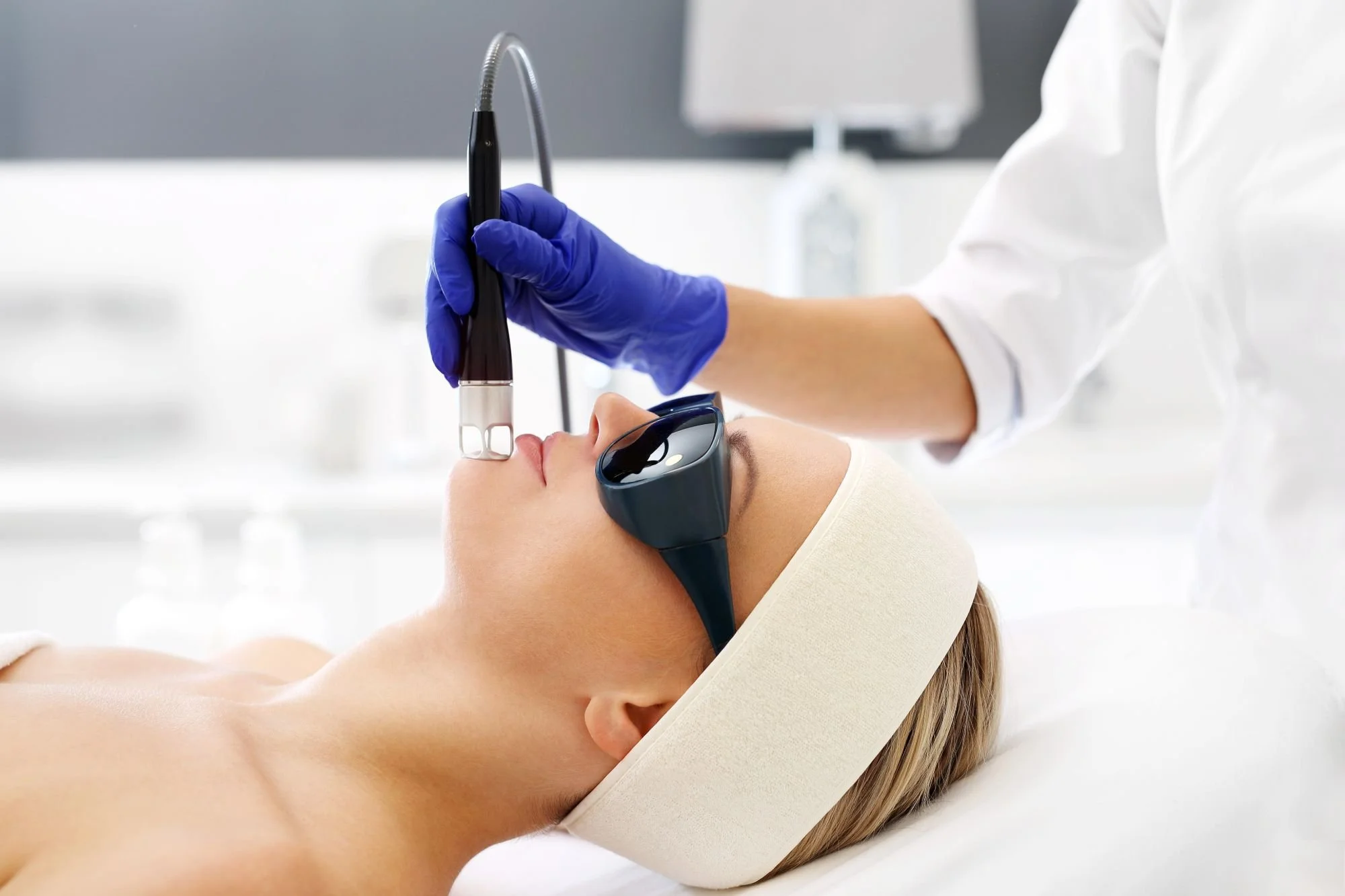
Paediatric Dermatology
Paediatric dermatology focuses on the diagnosis and treatment of skin, hair, and nail conditions in infants, children, and adolescents. Children’s skin can present differently from adults and often requires specialised care. Our dermatologists are experienced in managing a wide range of childhood skin conditions, including eczema, birthmarks, acne, psoriasis, warts, and genetic skin disorders. We understand that visits can be stressful for both children and parents, so we strive to create a friendly, reassuring environment while delivering expert care. Our approach combines gentle treatment techniques with clear communication to support the health and comfort of your child at every stage.
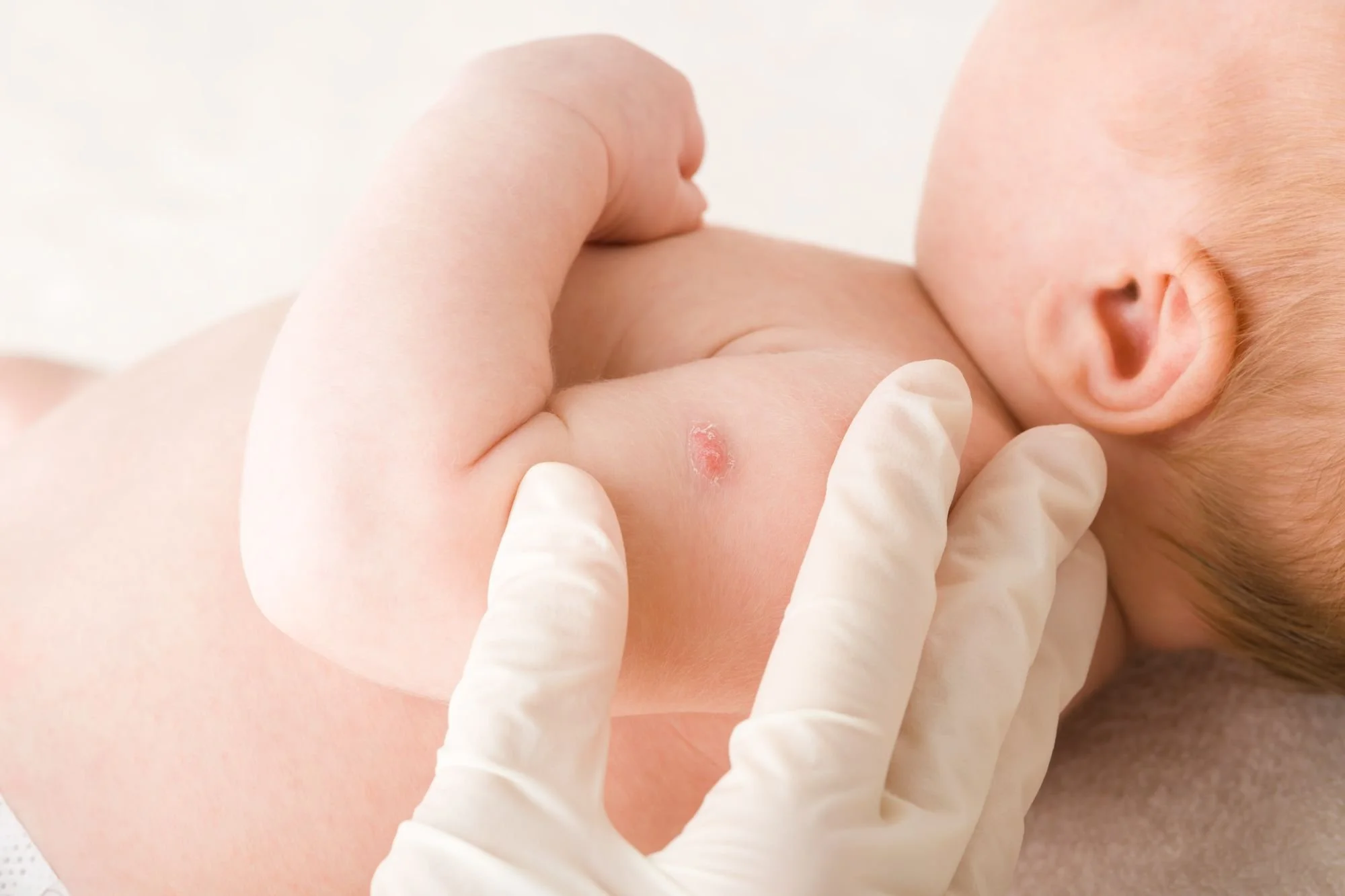
Patch Testing
Patch testing is a safe and effective way to identify the cause of allergic contact dermatitis — a type of skin allergy that develops after contact with certain substances.
-
Patch testing helps diagnose delayed allergic reactions to substances that come into contact with your skin. These can include everyday products such as:Metals (e.g. nickel)
Fragrances
Hair dyes
Preservatives in cosmetics
Rubber and adhesives
Topical medications
-
Small amounts of common allergens are applied to your upper back using hypoallergenic adhesive patches.
The patches remain in place for 48 hours. During this time, you must keep the area dry and sweat-free.
After 48 hours, the patches are removed and the skin is examined.
A second reading is done at 72–96 hours to check for delayed reactions.
-
Patch testing helps identify contact allergies — not food allergies or immediate skin reactions such as hives. It’s most useful for diagnosing:Eczema that won’t clear
Reactions to personal care products
Workplace skin sensitivities
Persistent rashes in specific areas (e.g. face, hands, eyelids)
-
If you are allergic to any of the tested substances, the area may become red, itchy or blistered at the test site.
These reactions typically settle within a few days.
Based on your results, your dermatologist will advise which substances to avoid and how to manage your condition.
